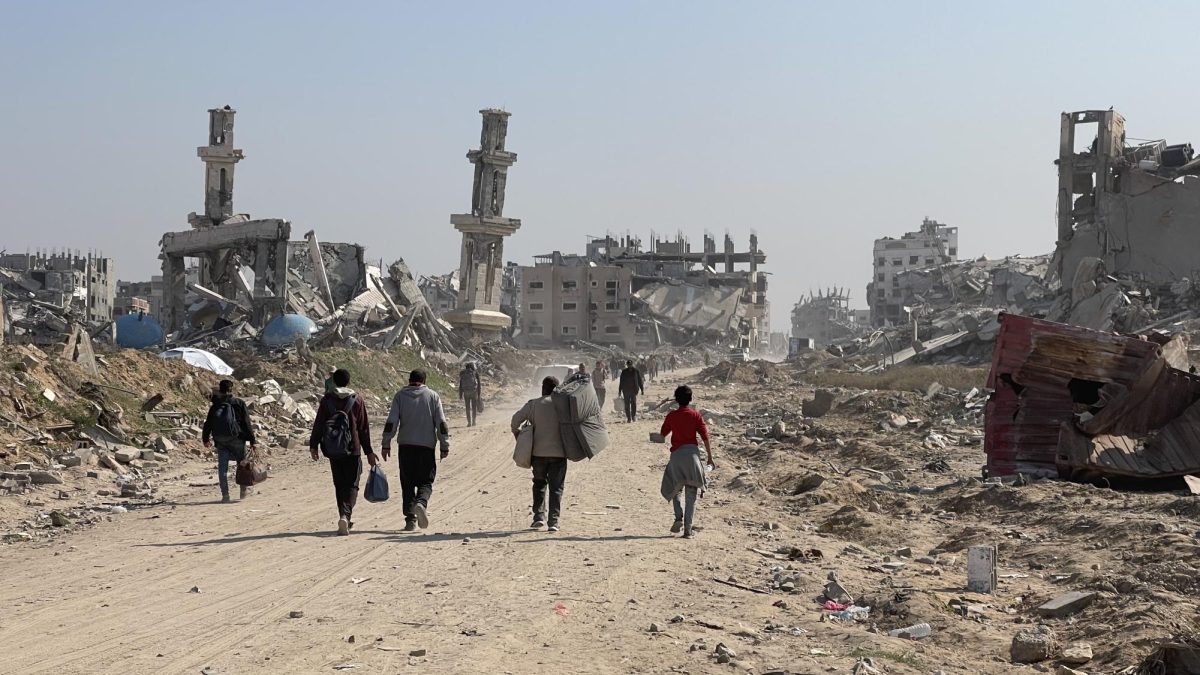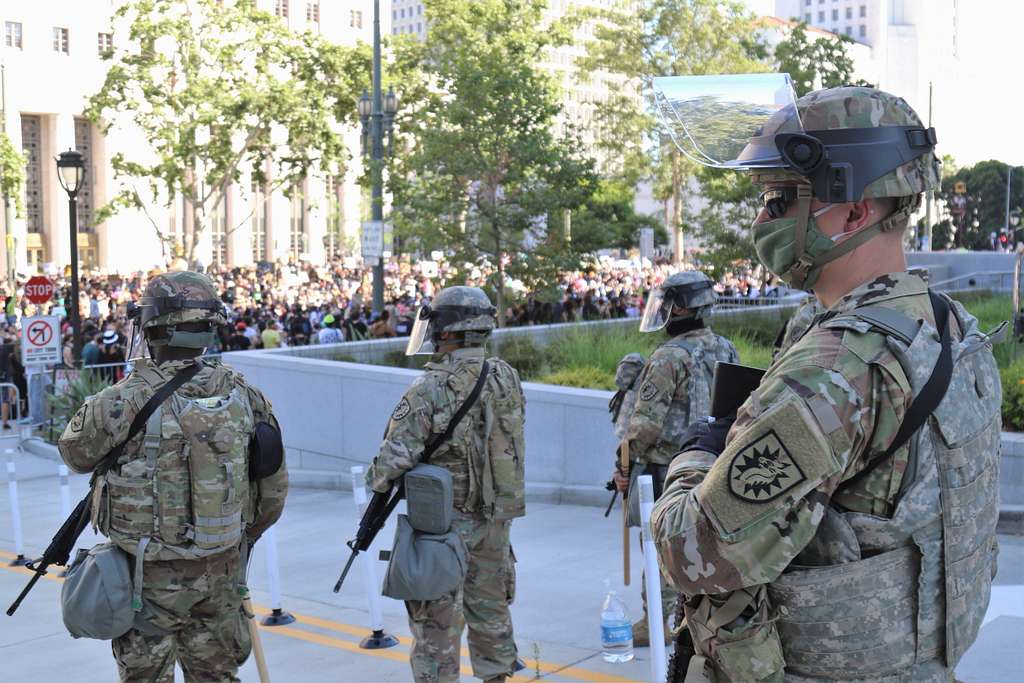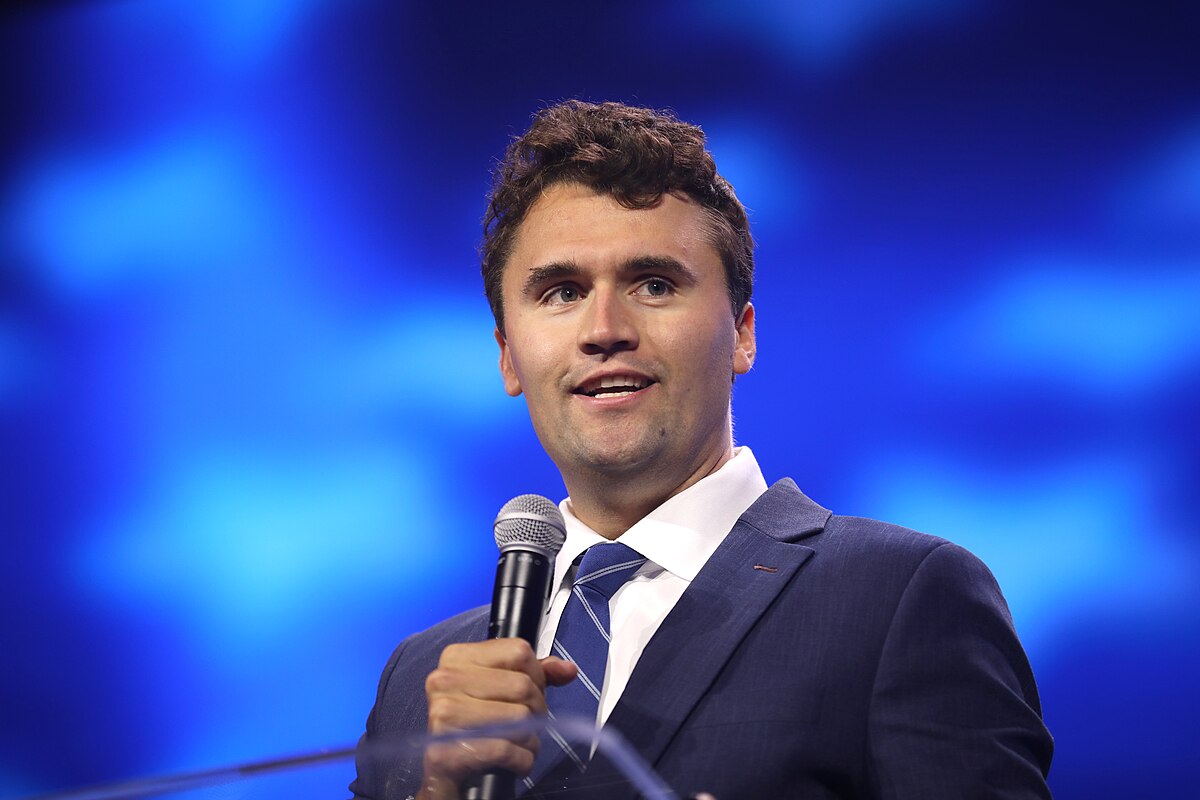AACC Hosts Panel Discussion ‘60 years after Brown’
CHRIS HART-WILLIAMS | Editor-in-Chief
A group dedicated to education in various ways highlighted the importance of supporting education with time, love, and votes.
On Tuesday, the African American Cultural Center, AACC, hosted a discussion that asked its panelist to examine the state of education since the integration of American public schools following the Supreme Court case Brown v. Board.
“The journey from miseducation to education is a long one,” AACC Assistant Director Darryl Lester, said.
In 60 years much has changed, but challenges within education remain — just new ones.
The greatest challenge today is a missing sense of cultural self and history in schools, said Director of Graduate Mentoring and Success Dr. Demetrius Richmond.
“We have a problem with knowing where we come from,” said Richmond.
Richmond said community, values, and integrity are principles today’s education systems lack.
“You can always make a difference — especially in education”, said Alexandria Pitts, a senior in elementary education and a North Carolina Teaching Fellow.
It was because a teacher made a difference in her life that she is where she is today, and a first generation college graduate, Jessica Holmes an attorney for the N.C. Association of Educators said.
“The biggest challenge is the home environment” Holmes said.
The fact that one in four children food insecure nation-wide is a problem post Brown v. Board, said Holmes. She also said budgets cuts impacting public education are a current problem.
“It is powerful thing to use your right to vote,” said Holmes.
Each panelists had various sources of motivation for them throughout their careers as students. They each discussed the importance of having a strong support system and a network of people to help them throughout their journeys.
“I had a community that made sure that I went to school. They made sure that I was accountable, and told me that I was ‘going to get an education’,” said Mrs. Andrea Jackson.
The group also has many suggestions for how members of the campus community and beyond could take action in the area of public education.
“You can always do something. Change can happen with a simple conversation,” said Marshall Anthony, Jr. Many of the other panelists stressed the importance of volunteering and making a change in the community.
“You are the difference. It starts with one,” said Jackson. “Volunteer to read to child. Count with them. Children want to know that you believe in them.”
The panel provided insight on what the community has done well and what they must continue to do better in order to continue to develop our scholars.







